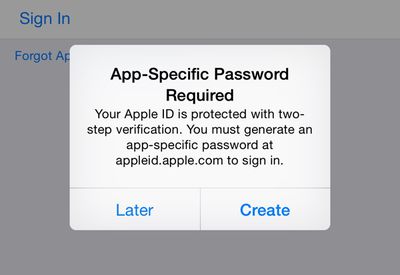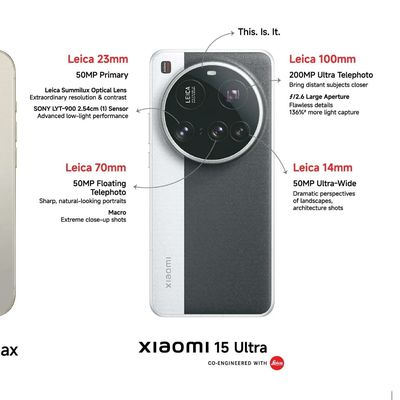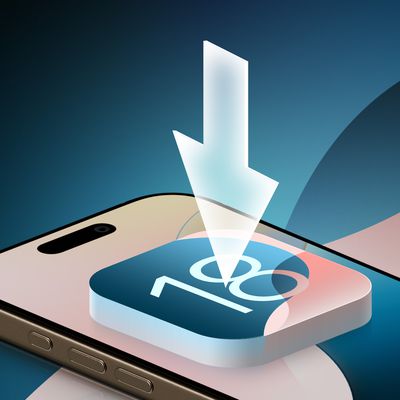Apple Two-Step Verification Now Available for iMessage and FaceTime [Updated]
Apple's two-step verification system now covers FaceTime and iMessage, reports The Guardian. Signing into an iMessage or FaceTime account protected by two-step verification will ask users to input an app specific password, which can only be obtained by logging in to an Apple ID account on the web with an authentication code, thereby preventing any unauthorized login attempts.

Two-factor verification is an opt-in system that was first introduced in March of 2013 to increase the security of Apple ID accounts. Prior to today, a verification code was only required for making changes to an account, signing into iCloud, or making iTunes/App Store purchases from a new device.
Two-factor authentication for iCloud is a recent addition that was implemented in September following the breach of several celebrity iCloud accounts, leading to a slew of leaked photos. The hacking incident led Apple to improve the security of iCloud and it also prompted the company to send out security emails when a device is restored, iCloud is accessed, or a password change is attempted.
Last month, a Medium post highlighting some of the remaining shortcomings of two-factor authentication was shared by several technology sites, which may have inspired Apple to update the service to protect iMessage and FaceTime accounts. The post pointed out that it was still possible to log into iMessage, FaceTime, iTunes, the App Store, and into the website using an account with two-factor authentication enabled without being asked for a verification code.
It seems two-factor authentication for iMessage and FaceTime may still be rolling out to users, as MacRumors was able to log into iMessage and FaceTime accounts with two-factor authentication enabled without a code.
Update: Two-factor authentication for iMessage and FaceTime seems to be more widely available now, and it appears that logging into an account requires an app specific password rather than a code to prevent unauthorized entry attempts.
Popular Stories
An iPhone 17 announcement is a dead cert for September 2025 – Apple has already sent out invites for an "Awe dropping" event on Tuesday, September 9 at the Apple Park campus in Cupertino, California. The timing follows Apple's trend of introducing new iPhone models annually in the fall.
At the event, Apple is expected to unveil its new-generation iPhone 17, an all-new ultra-thin iPhone 17...
Apple is expected to unveil the iPhone 17 series on Tuesday, September 9, and last-minute rumors about the devices continue to surface.
The latest info comes from a leaker known as Majin Bu, who has shared alleged images of Apple's Clear Case for the iPhone 17 Pro and Pro Max, or at least replicas.
Image Credit: @MajinBuOfficial
The images show three alleged changes compared to Apple's iP...
Apple and Samsung have reportedly issued cease-and-desist notices to Xiaomi in India for an ad campaign that directly compares the rivals' devices to Xiaomi's products. The two companies have threatened the Chinese vendor with legal action, calling the ads "disparaging."
Ads have appeared in local print media and on social media that take pot shots at the competitors' premium offerings. One...
Apple will launch its new iPhone 17 series this month, and the iPhone 17 Pro models are expected to get a new design for the rear casing and the camera area. But more significant changes to the lineup are not expected until next year, when the iPhone 18 models arrive.
If you're thinking of trading in your iPhone for this year's latest, consider the following features rumored to be coming to...
Apple is preparing to release iOS 18.7 for compatible iPhone models, according to evidence of the update in the MacRumors visitor logs.
We expect iOS 18.7 to be released in September, alongside iOS 26. The update will likely include fixes for security vulnerabilities, but little else.
iOS 18.7 will be one of the final updates ever released for the iPhone XS, iPhone XS Max, and iPhone XR,...



















